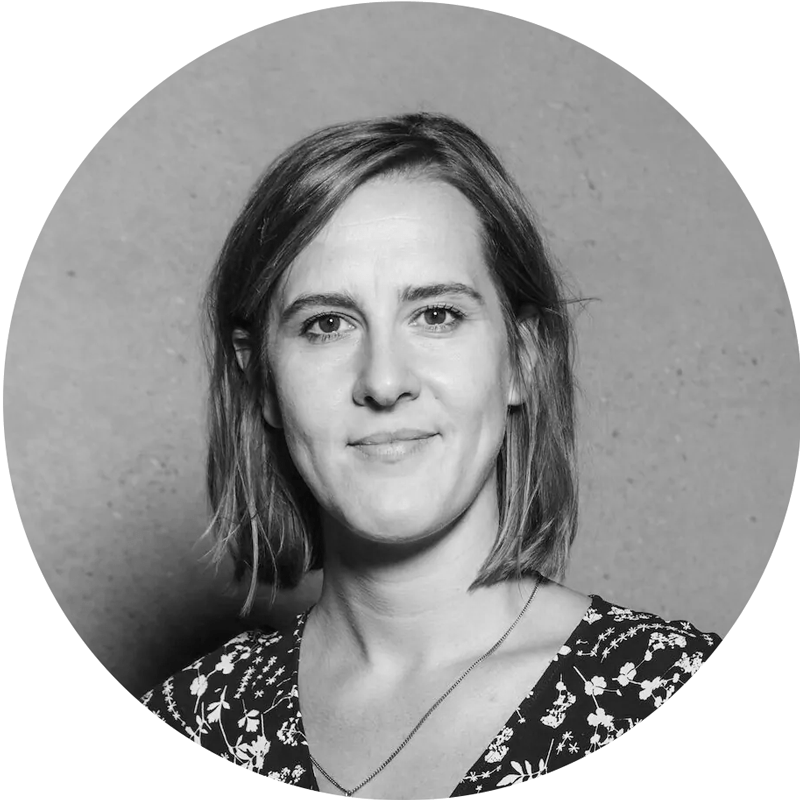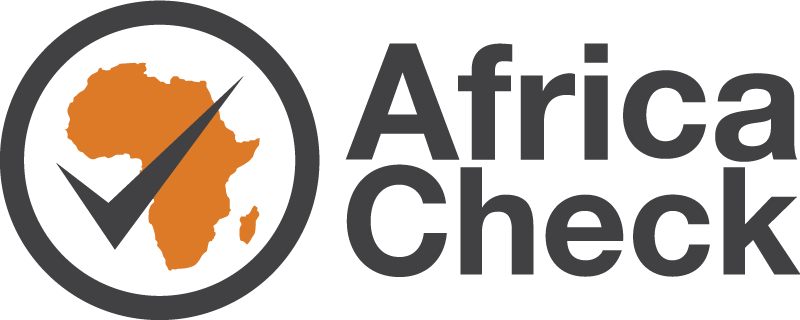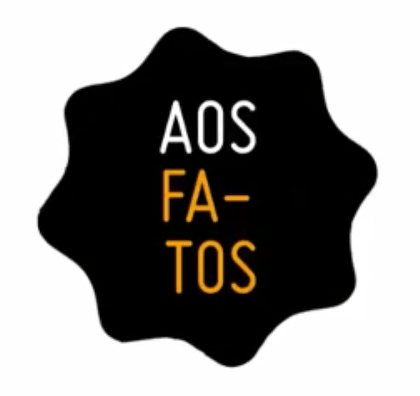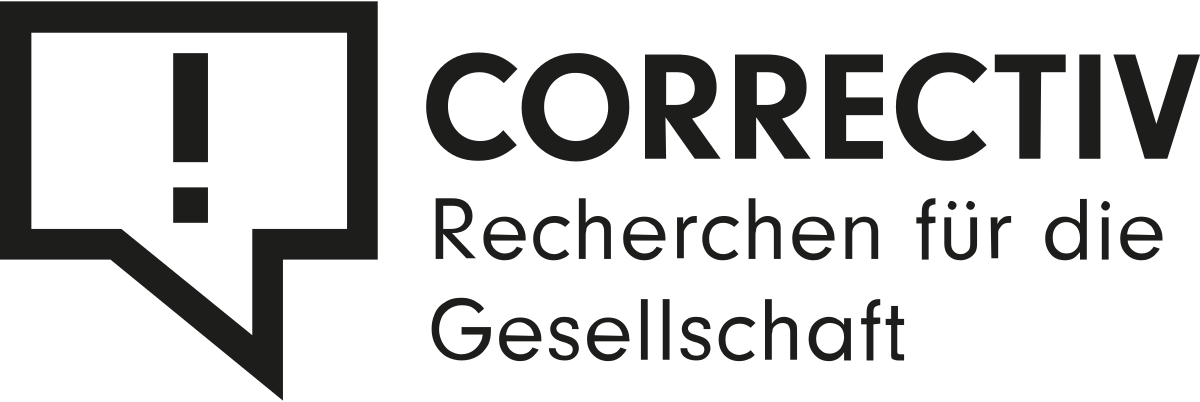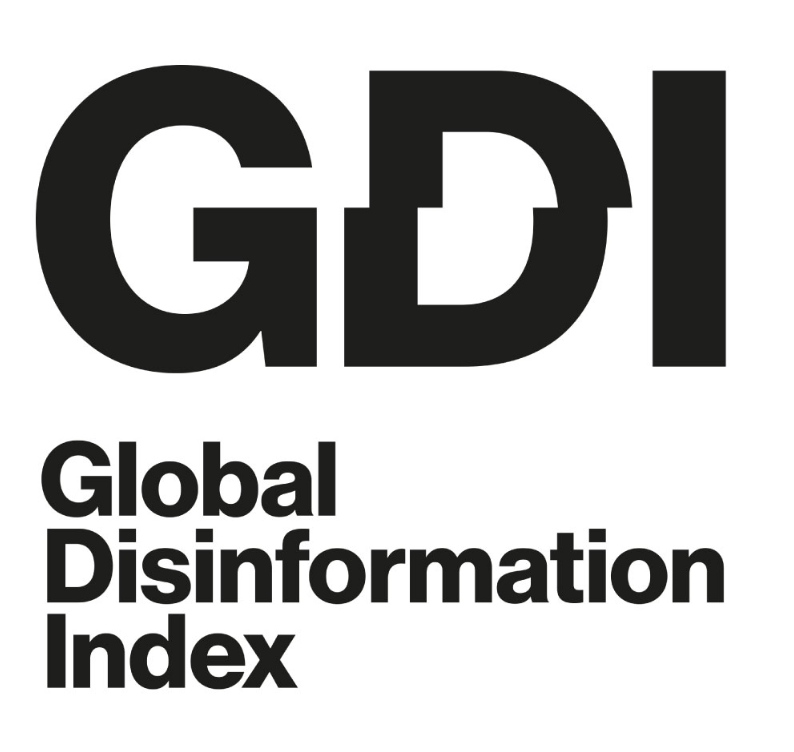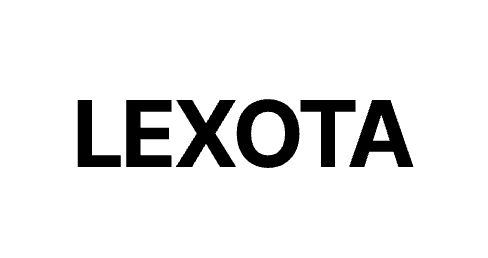CCDH: Countering hate on social media platforms with morality
Virginia Kirst

The Center for Countering Digital Hate is working to establish a system of accountability for social media companies. To do so, it uses various strategies from PR campaigns to policy recommendations with success: Founder Imran Ahmed recently won a staged victory in court against X Corp.
The name says it all at the Center for Countering Digital Hate (CCDH): The non-profit organisation based in London and Washington D.C. is dedicated to fighting hate on the internet. It was founded by political advisor Imran Ahmed after he witnessed three events in 2016 that shook his world view: The rise of antisemitism on the political left in the UK, the extremism surrounding the Brexit vote, and the murder of Labor MP Jo Cox.
Ahmed felt a common cause was the increasingly toxic environment on social media platforms and decided to do something about it. He stopped being a consultant to the Labor Party and founded CCDH in 2019. He is now using his years of experience in politics to fight the tendency of the digital media system to give more attention to hate and lies than to the truth and positive news: “From the very beginning, the CCDH has been looking for ways to influence the companies behind the social media platforms, the way they operate and how they are regulated,” says Ahmed. It has found such approaches in morality.
The CCDH has developed a strategy to inform the public and advertisers about the spread of hate and disinformation on the platforms and to expose how little the operators are doing about it. On this basis, the CCDH is campaigning for reform of the technology industry and its regulation – among the public as well as governments and decision-makers.
This is why it produces what Ahmed calls “actionable intelligence” – i.e. data analyses that prove the spread of hate messages on platforms, for example, in combination with analyses and recommendations on how to take concrete action against it. Or, as Ahmed summarises: “We show the damage in order to initiate the desired changes.”
Success through campaigns and policy work
A lot has already happened since the company was founded, Ahmed reports. When he started working on the CCDH’s predecessor around seven and a half years ago, there were no laws anywhere in the world that held social media companies accountable. But since then, the CCDH has contributed to the passing of the UK’s Online Safety Act, with Ahmed being the first expert to be consulted in the legislative process.
Ahmed has also testified on the issue before the US Congress and the CCDH has influenced the EU’s Digital Services Act. “I’m really proud that we’ve played a role in driving change,” says Ahmed.
Simultaneously, the CCDH runs campaigns that are much more media-effective than policy work: Ahmed is best known for his disputes with the US entrepreneur and owner of the platform X, formerly Twitter, Elon Musk, which have resulted in personal insults on his platform and recently brought him to court. Ahmed accused Musk of behaving in a “cynical” and “disgusting” manner by granting access to X to “hardcore racists” who had previously been banned from the platform. Musk referred to Ahmed as a “rat”.
Legal dispute with X Corp.
The dispute stems from a report in which the CCDH documented an increase in hate speech on X since Musk bought the platform. The findings of the report received a lot of attention in the global media and, according to Musk, cost him “at least tens of millions of dollars” in revenue because advertisers turned away from the platform as a result. Ahmed is pleased: “It should be expensive to enable the spread of hate. And I’m very proud that we’ve found a way to do that.”
Musk subsequently sued the CCDH on the pretext that he had unlawfully obtained the data for the same study. However, the US judge dismissed the lawsuit, stating that it was “obvious” that X Corp was not suing CCDH because of the data collection methods, but because it did not like its criticism and feared that it would damage the company’s image and deter advertisers.
“It should be expensive to enable the spread of hate. And I’m very proud that we’ve found a way to do that.”
However, the CCDH has been expanding its field of activity beyond the topics of hate and discrimination against minorities for a long time: Today, it also investigates, for example, the spread of disinformation by anti-vaccination campaigners or climate change deniers, as well as on women’s sexual and reproductive rights. In order to have the maximum possible influence in all these areas, it cooperates with other organisations, for instance when it comes to preparing reports. Partners include MSI Reproductive Choices, an international organisation that campaigns for better access to contraceptive methods and abortions, the Anti-Defamation League, which fights antisemitism, and the Human Rights Campaign, which campaigns for LGTBQ+ rights.
In the future, the CCDH also wants to become more involved in educational work: “By studying the bad actors, we have learned a lot about what we could teach the good actors,” says Ahmed. He hopes to find the financial means to structure and pass on this information in the next two to three years.
“By studying the bad actors, we have learned a lot that we could teach the good actors”
How the CCDH can serve as a role model
Ahmed believes that the CCDH’s work is successful because it is good at teaching people why things are going wrong: “We manage to explain why there is a counter-enlightenment that works against democracy, truth, science, tolerance, and equality and why it will be amplified by social media companies if they don’t incorporate the appropriate roadmaps.”
Indeed, the CCDH’s work stands out for its conciseness and volume. It is clear that Ahmed knows how to use provocation to his advantage: Be it pointing out the problems of social media platforms to governments or by picking a fight with Musk on X. He uses the rules of the attention economy that dominate the internet to achieve his goals.
